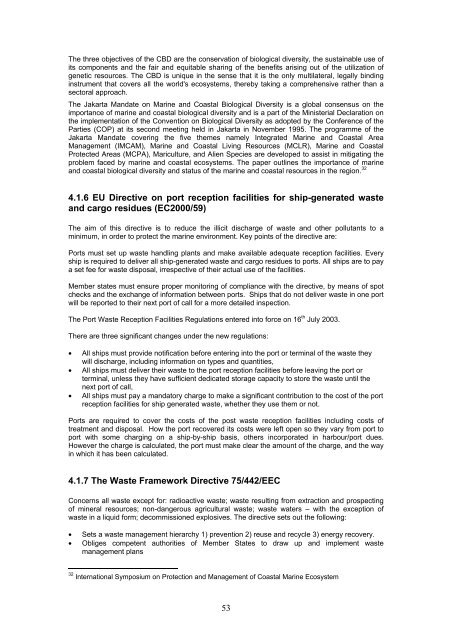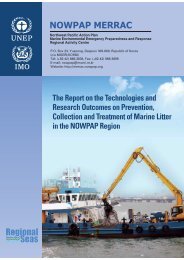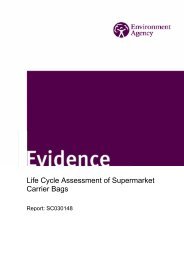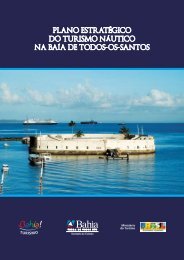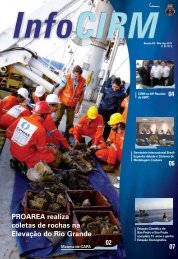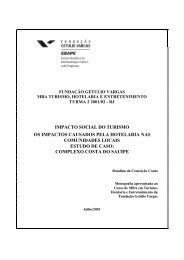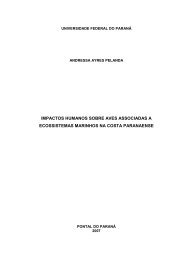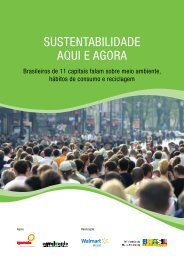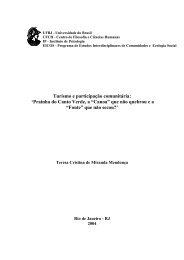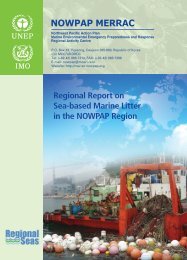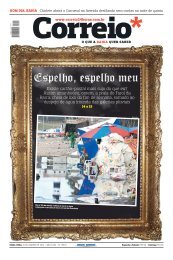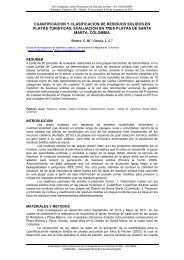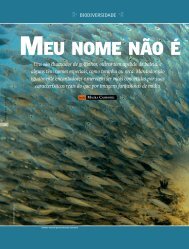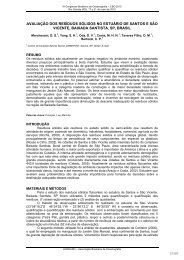view pdf - Seas At Risk
view pdf - Seas At Risk
view pdf - Seas At Risk
- No tags were found...
You also want an ePaper? Increase the reach of your titles
YUMPU automatically turns print PDFs into web optimized ePapers that Google loves.
The three objectives of the CBD are the conservation of biological diversity, the sustainable use ofits components and the fair and equitable sharing of the benefits arising out of the utilization ofgenetic resources. The CBD is unique in the sense that it is the only multilateral, legally bindinginstrument that covers all the world's ecosystems, thereby taking a comprehensive rather than asectoral approach.The Jakarta Mandate on Marine and Coastal Biological Diversity is a global consensus on theimportance of marine and coastal biological diversity and is a part of the Ministerial Declaration onthe implementation of the Convention on Biological Diversity as adopted by the Conference of theParties (COP) at its second meeting held in Jakarta in November 1995. The programme of theJakarta Mandate covering the five themes namely Integrated Marine and Coastal AreaManagement (IMCAM), Marine and Coastal Living Resources (MCLR), Marine and CoastalProtected Areas (MCPA), Mariculture, and Alien Species are developed to assist in mitigating theproblem faced by marine and coastal ecosystems. The paper outlines the importance of marineand coastal biological diversity and status of the marine and coastal resources in the region. 324.1.6 EU Directive on port reception facilities for ship-generated wasteand cargo residues (EC2000/59)The aim of this directive is to reduce the illicit discharge of waste and other pollutants to aminimum, in order to protect the marine environment. Key points of the directive are:Ports must set up waste handling plants and make available adequate reception facilities. Everyship is required to deliver all ship-generated waste and cargo residues to ports. All ships are to paya set fee for waste disposal, irrespective of their actual use of the facilities.Member states must ensure proper monitoring of compliance with the directive, by means of spotchecks and the exchange of information between ports. Ships that do not deliver waste in one portwill be reported to their next port of call for a more detailed inspection.The Port Waste Reception Facilities Regulations entered into force on 16 th July 2003.There are three significant changes under the new regulations:• All ships must provide notification before entering into the port or terminal of the waste theywill discharge, including information on types and quantities,• All ships must deliver their waste to the port reception facilities before leaving the port orterminal, unless they have sufficient dedicated storage capacity to store the waste until thenext port of call,• All ships must pay a mandatory charge to make a significant contribution to the cost of the portreception facilities for ship generated waste, whether they use them or not.Ports are required to cover the costs of the post waste reception facilities including costs oftreatment and disposal. How the port recovered its costs were left open so they vary from port toport with some charging on a ship-by-ship basis, others incorporated in harbour/port dues.However the charge is calculated, the port must make clear the amount of the charge, and the wayin which it has been calculated.4.1.7 The Waste Framework Directive 75/442/EECConcerns all waste except for: radioactive waste; waste resulting from extraction and prospectingof mineral resources; non-dangerous agricultural waste; waste waters – with the exception ofwaste in a liquid form; decommissioned explosives. The directive sets out the following:• Sets a waste management hierarchy 1) prevention 2) reuse and recycle 3) energy recovery.• Obliges competent authorities of Member States to draw up and implement wastemanagement plans32 International Symposium on Protection and Management of Coastal Marine Ecosystem53


